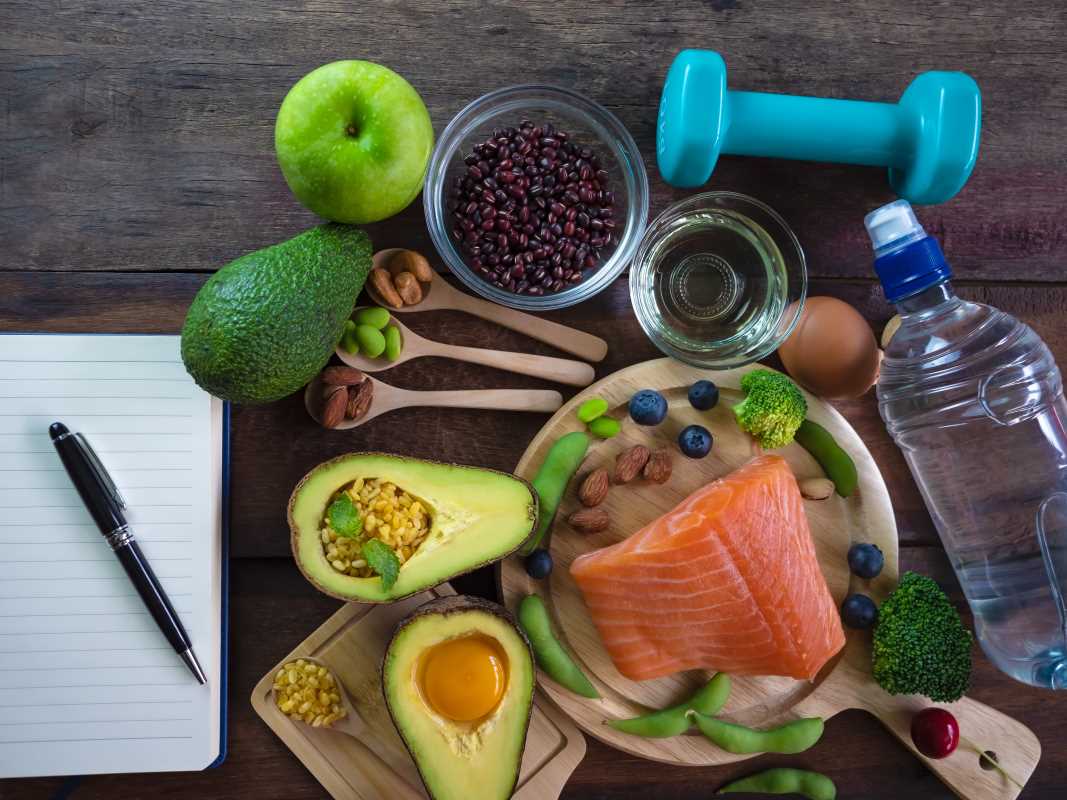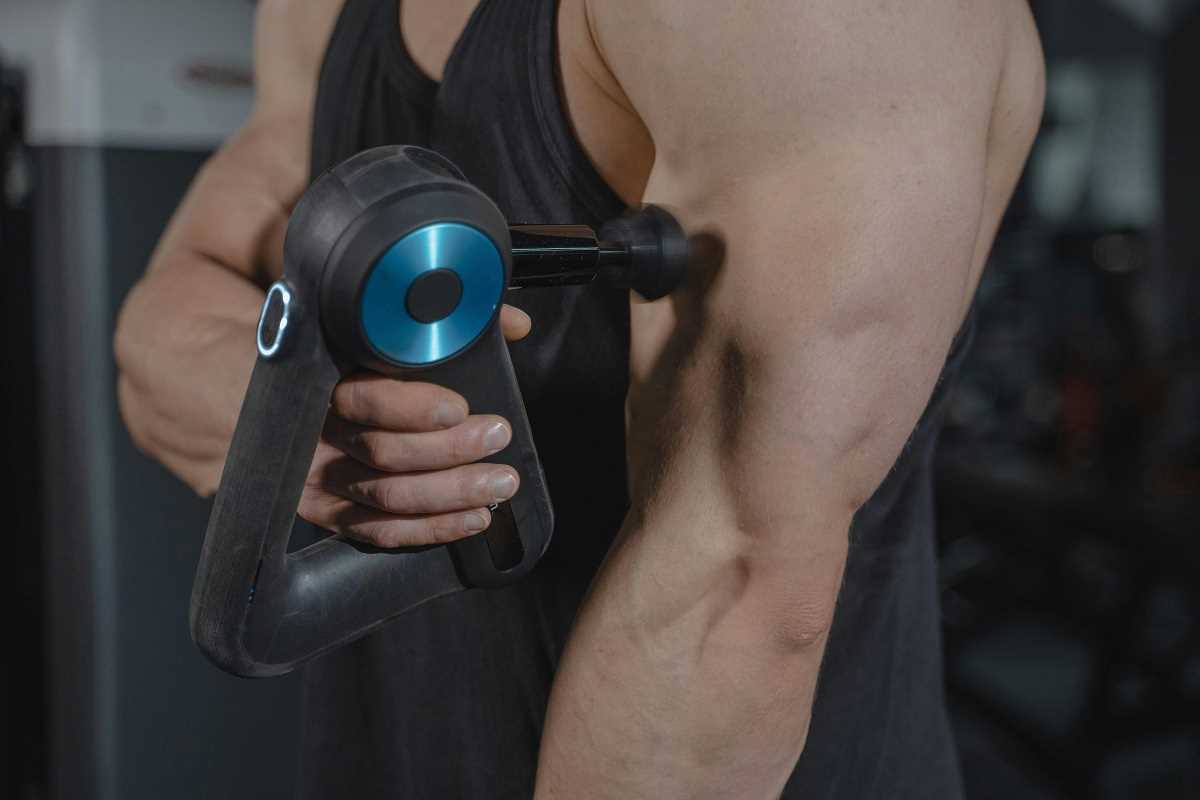Whether you’re a seasoned marathoner, weekend warrior, or just someone who loves hitting the gym, nutrition plays a massive role in how you perform and recover. The days of simply “carbing up” before a big race or relying on protein shakes alone are long gone. With new research and trends shaping how athletes fuel their bodies, staying on top of your nutritional game is essential to crush your goals.
Here’s the rundown of nutritional hacks every athlete needs to know for 2024. From hydration tips to must-have supplements, these hacks will help you stay stronger, recover faster, and perform your best.
1. Hydration Isn’t Just About Water Anymore
We all know staying hydrated is non-negotiable, especially when you're sweating buckets during a long workout. But here’s the deal — plain water might not cut it if you’re training hard.
Electrolytes like sodium, potassium, and magnesium are key to keeping your muscles firing correctly. Training in heat can cause electrolyte loss through sweat, which can lead to cramps, fatigue, and slower recovery.
Try this hack: Mix in electrolyte powders or tablets with your water. You can even make your own DIY hydration drink by adding a pinch of sea salt, a splash of fresh orange juice, and a drizzle of honey to water. It’s cheap, easy, and gives your body a quick electrolyte boost.
If you’re someone who forgets to hydrate until you’re already thirsty (oops!), consider downloading a hydration reminder app or grabbing a bottle with marked measurements to keep yourself on track.
2. Meal Timing for Maximum Gains
What you eat is important, but when you eat can be just as crucial. Your body needs the right kind of fuel at the right time to perform its best and recover faster.
- Pre-workout: Aim for a mix of carbs and protein about an hour or two before training. Think oatmeal with a scoop of protein powder or a banana with almond butter. This fuels your workout without weighing you down.
- During workouts: If you’re exercising for over an hour, especially endurance training, consider quick-digesting carbs like energy gels or chews to keep your energy levels up.
- Post-workout: Recovery is all about replenishing glycogen stores and repairing muscles. A combo of protein (15-30g) and carbs (30-60g) within 30 minutes of exercise hits the sweet spot. A chocolate milk or smoothie with whey protein, a banana, and spinach is a popular go-to for a reason — it works!
Bonus tip: Stick to your schedule even on rest days. Consistent fueling throughout the day prevents energy dips and supports overall muscle maintenance.
3. Protein Beyond the Basics
Protein is a superstar nutrient for any athlete, and getting enough of it is crucial for recovery and muscle building. While chicken breasts and protein shakes are reliable crowd-pleasers, variety is the name of the game in 2024.
Explore these sources of protein:
- Plant-based options like lentils, chickpeas, and quinoa are excellent if you cut back on meat.
- Greek yogurt and cottage cheese double as a protein-packed snack and a source of calcium for strong bones.
- Collagen protein is gaining traction among athletes who are focused on joint health and reducing injuries. Mix it into your coffee, and you’re good to go!
Not all protein needs to come from meals. High-protein snacks like jerky, boiled eggs, or protein bars are lifesavers for busy days. Just check the sugar content on bars so you’re not overloading on unnecessary junk.
4. Get Ahead With Supplement Trends
2024 is shaping up to be the year of smarter supplementation. Supplements are exactly that – supplements to a balanced diet, not replacements for real food. That said, there are a few shining stars every athlete should consider adding to their routine.
- Creatine: It’s not just for bodybuilders! Creatine has been shown to improve strength, speed, and recovery for athletes across the board. Just 3-5g daily can make a noticeable difference.
- Omega-3 Fatty Acids: Found in fish oil or algae supplements, omega-3s can reduce inflammation and muscle soreness. They’re especially useful if you’re crushing back-to-back workouts.
- Vitamin D: If you train indoors or live in areas with limited sunlight, getting enough vitamin D is crucial for bone health and immune support.
- Beetroot Powder: This one’s trending thanks to its natural nitrates, which improve blood flow and endurance. Mix it into your smoothie for a performance boost.
Always consult with a trainer, dietitian, or healthcare pro before trying a new supplement to ensure it fits your needs.
5. Micronutrients Matter, Too
It’s easy to focus on macros (protein, carbs, fat), but don’t forget the little guys. Micronutrients like iron, magnesium, and calcium play essential roles in keeping your body running like a well-oiled machine.
For example, iron supports oxygen delivery to muscles, critical for endurance athletes. Deficiencies in magnesium can lead to fatigue and increased muscle cramps. And calcium isn’t just for your bones; it’s also vital for muscle contractions.
Focus on a rainbow of whole foods to load up on these crucial nutrients. Leafy greens, nuts, seeds, and brightly colored fruits and veggies are your best friends.
Pro tip: If you’re vegan or vegetarian, pay extra attention to iron and B12 levels. You may need fortified foods or supplements to avoid deficiencies.
6. Anti-Inflammatory Foods for Recovery
Inflammation can derail even the most ambitious workout plans if left unchecked. The good news? Certain foods are like kryptonite for post-exercise inflammation, helping you bounce back faster and train harder.
Top anti-inflammatory foods for athletes:
- Tart cherries or cherry juice have been shown to reduce muscle soreness, so keep them on hand after tough sessions.
- Turmeric (and its active compound curcumin) is a powerhouse for reducing inflammation. Add it to smoothies or make a golden latte.
- Fatty fish like salmon and mackerel are rich in anti-inflammatory omega-3s. If you’re plant-based, walnuts and flaxseeds are also solid options.
Whether it’s through foods or recovery strategies like foam rolling, keeping inflammation in check can help you avoid burnout and injury.
7. Personalized Nutrition Is the Future
One-size-fits-all advice is out, and personalized nutrition is in. With advancements like DNA testing and wearable health tech, understanding your individual nutritional needs is easier than ever.
Talk to a dietitian or use nutrition apps that analyze your macros, hydration, and nutrient levels to fine-tune your diet. Tools like continuous glucose monitors are also gaining popularity among endurance athletes to optimize carb intake and energy stability during races.
The more you can tailor your nutrition to your body’s unique needs, the better your results.
8. Keep It Fun and Flexible
Finally, remember that your diet doesn’t need to be 100% “clean” or rigid to work. Cheat days, favorite indulgences, and eating for enjoyment are all part of a sustainable, healthy lifestyle.
If you’re out with friends, enjoy that pizza guilt-free. If you crave something sweet, dark chocolate or a handful of trail mix can keep your sweet tooth in check without derailing your goals.
Hack life balance: Prep healthy meals ahead of time to prevent weekday burnout, and leave room for spontaneity with fun foods when you’re out. Balance is key!
2024 is all about smart, adaptable nutrition for athletes. Hydrate smarter, time your meals better, add variety to your protein, and don’t overlook those recovery-boosting micronutrients and anti-inflammatory foods. Sprinkle in the right supplements, and consider personalized tools to take your performance to the next level.







